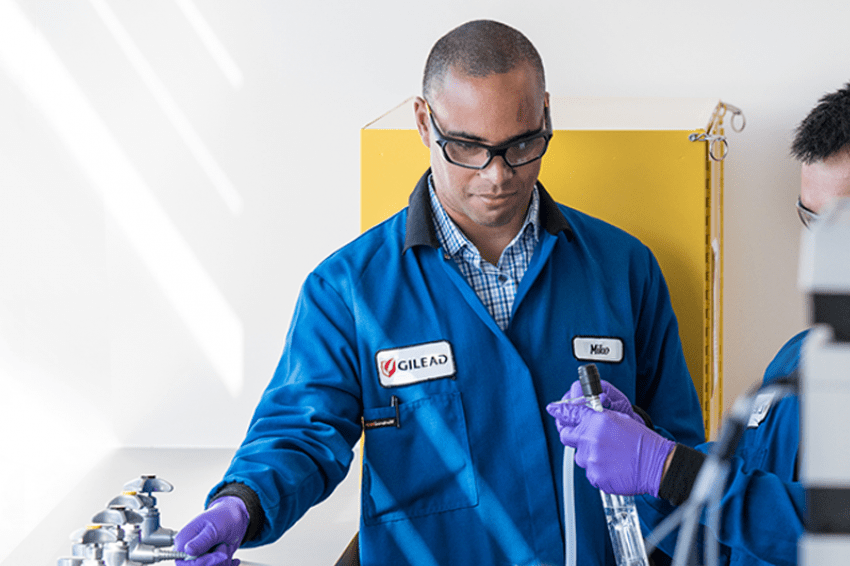Gilead Boosts Immuno-oncology with Forty Seven
04.03.2020 -
Gilead Sciences has agreed to buy out immuno-oncology company Forty Seven for $4.9 billion. The deal, which has unanimous approval from both boards, is expected to close in the second quarter, pending clearance from antitrust regulators.
Rumors broke in late February that a merger was in the pipeline as Gilead aims to strengthen its immuno-oncology research and development portfolio and diversify away from hepatitis C.
“This agreement builds on Gilead’s presence in immuno-oncology and adds significant potential to our clinical pipeline,” said Gilead chairman and CEO Daniel O’Day. “Magrolimab complements our existing work in hematology, adding a non-cell therapy program that complements Kite’s pipeline of cell therapies for hematological cancers. With a profile that lends itself to combination therapies, magrolimab could potentially have transformative benefits for a range of tumor types.”
Gilead acquired a pipeline of blood cancer therapies when it bought Kite Pharma for nearly $12 billion in 2017.
Magrolimab, Forty Seven’s lead investigational therapy, is a monoclonal antibody with potential for treating several blood cancers, including myelodysplastic syndrome (MDS), acute myeloid leukemia (AML) and diffuse large B-cell lymphoma (DLBCL). It targets CD47, a “do-not-eat” me signal that allows cancer cells to avoid destruction, permitting the patient’s own immune system to engulf and eradicate the cells.
Forty Seven is initially studying magrolimab in patients with MDS and AML and presented promising results of a Phase 1b study last December. Additional studies are ongoing in non-Hodgkin lymphoma and solid tumors.
The Menlo Park, California-headquartered company is also preparing to advance two other investigational compounds into clinical testing – FSI-174 and FSI-189. The former is an anti-cKIT antibody being developed in combination with magrolimab to address the limitations of existing stem cell transplantation conditioning regimens. The latter is under development for treating cancer as well as certain non-oncology settings, including transplantation conditioning.
According to Mizuho Securities analyst Salim Syed, it was magrolimab’s ability to target MDS that drove the deal. He said that with the potential for accelerated approval, magrolimab could gain Food and Drug Administration consent in 2022.
“Gilead is willing to allocate capital to medium-sized deals and do it at a quicker pace than Gilead has historically done M&A, both positives in our view,” Syed said.
The proposed transaction also marks O’Day’s second major deal since taking charge of Gilead on Mar. 1, 2019. The first was a global multi-billion dollar collaboration with Belgium’s Galapagos, which was announced last July. Billed as one of the largest-ever biotech deals in Europe, the partnership saw Gilead paying $3.95 billion upfront along with an equity investment of $1.1 billion.





